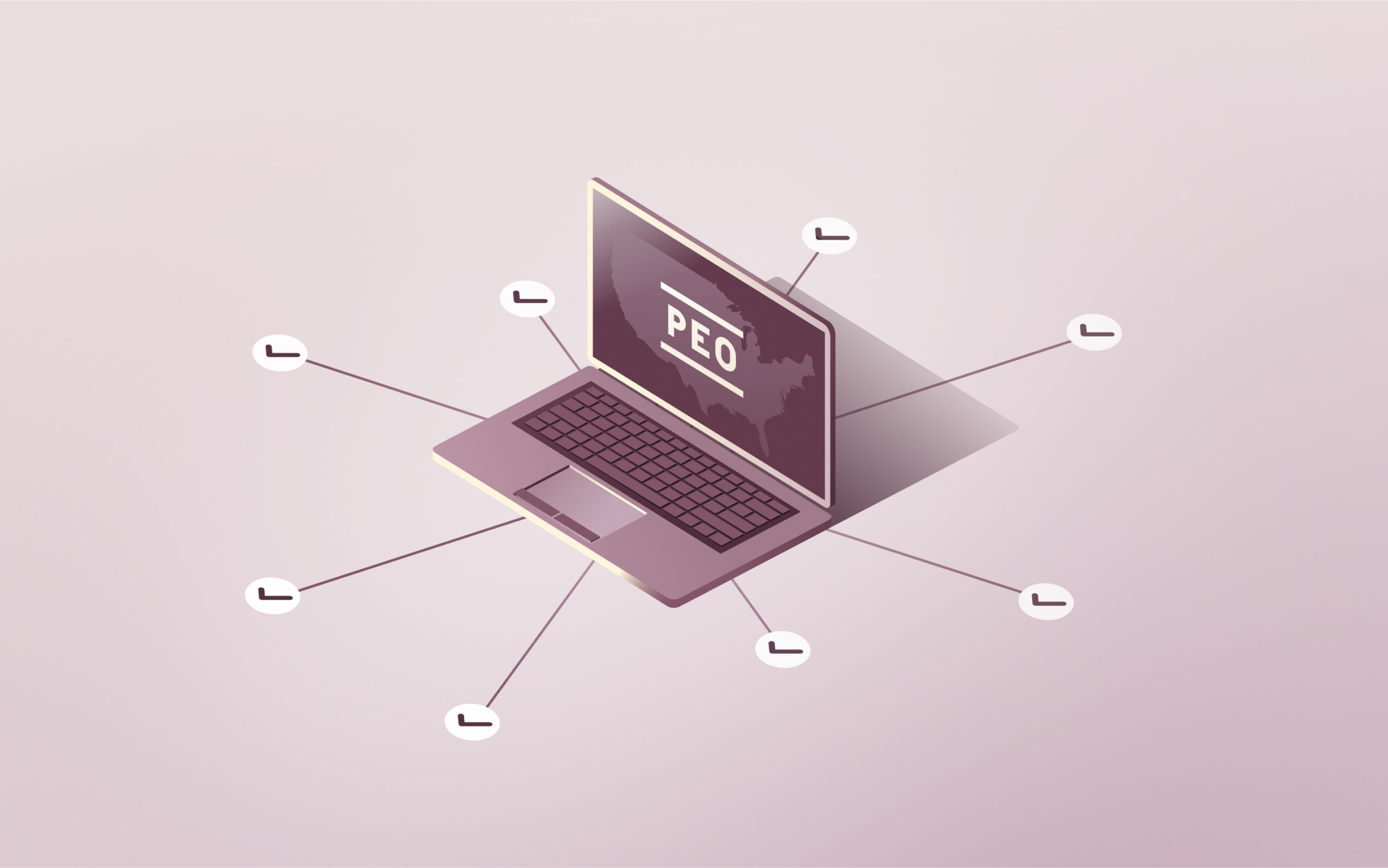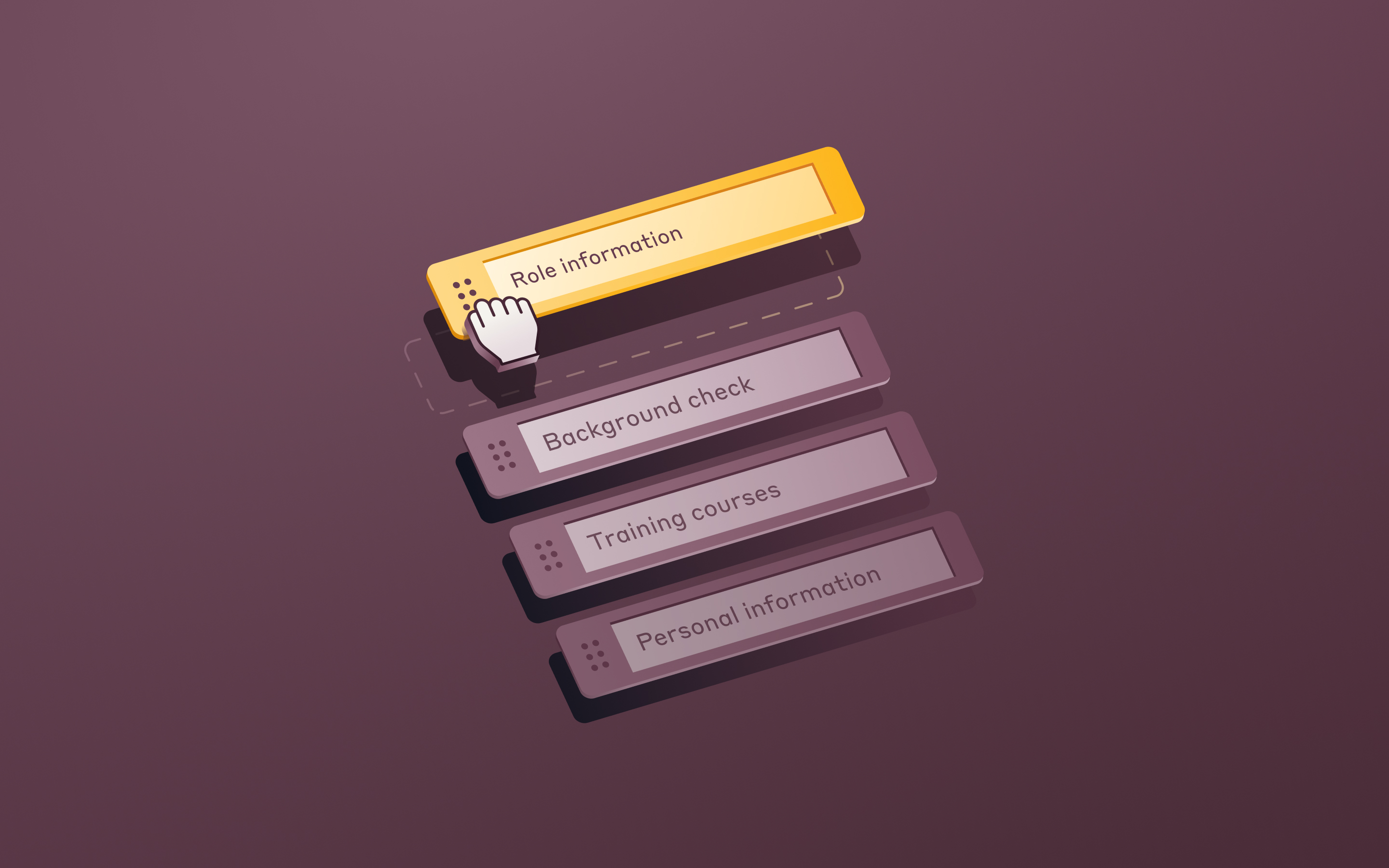PEO in Massachusetts [2024]

A professional employer organization (PEO) can be invaluable for small to mid-sized businesses in Massachusetts, easing the burden of administrative human resources tasks like payroll services, benefits administration, compliance management, and workers’ compensation coverage. What’s more, PEOs give employees access to better rates for health coverage and other benefits.
According to Forbes, Massachusetts leads the nation with the highest average annual salary, and the state is the second-most expensive in the US. For many small businesses navigating Massachusetts’s costly business landscape, a PEO can provide much-needed HR cost savings.
When considering different Massachusetts PEO services, you’ll want to carefully weigh your options. This article is your guide, shedding light on what to consider when evaluating PEO providers. From automatic state tax registration to remote app and device management, Rippling PEO simplifies the hiring process both in Massachusetts and across the US.
Benefits of using a PEO in Massachusetts
Using a Massachusetts PEO is a smart way to cut down on administrative HR tasks, lower insurance costs, tap into valuable support and expertise, and more.
Offload administrative HR work
When partnering with a PEO, you enter into a co-employment arrangement where you divide employer responsibilities between you and the PEO. As the worksite employer, you keep control over hiring, termination, compensation decisions, and overall business strategy. Meanwhile, the PEO acts as the administrative employer, employing your workers under its federal tax identification number (EIN).
This co-employment relationship allows the PEO to handle employment-related HR services like payroll, benefits management, HR compliance, and more. PEOs leverage technology, expertise, and established processes to streamline HR management, freeing up your company’s team to focus on business-critical strategic work.
Better employee benefits, at a lower price
With over 500 PEOs in the US co-employing 4.5 million people, PEOs wield substantial bargaining power. They leverage their economies of scale to negotiate for more affordable benefits plans with insurance providers. Through third-party providers, PEOs can also help you access comprehensive benefits packages, often including health insurance, life and disability coverage, worksite benefits, mental health support, retirement plans, commuter benefits, dependent care, and more. It can be challenging for small businesses to offer such comprehensive benefits packages alone.
According to the Affordable Care Act (ACA), businesses across the US with 50 or more full-time employees must offer health insurance benefits. In Massachusetts, businesses must also comply with the Paid Family and Medical Leave (PFML) law, offering up to 26 weeks of paid leave for eligible employees. A PEO can help businesses meet necessary healthcare benefit requirements—along with other mandatory and optional benefits—to help attract and retain top talent in Boston, Springfield, and all across Massachusetts.
Worry-free compliance with Massachusetts laws
A Massachusetts PEO goes beyond federal compliance, helping you comply with ever-evolving state-level and local Massachusetts laws. For example, the Massachusetts minimum wage is $15.00 per hour, significantly more than the federal minimum wage of $7.25 per hour.
When you have remote employees scattered across different locations, navigating varying minimum wages can be tough. A PEO like Rippling simplifies this process by automatically flagging minimum wage violations based on employees' specific locations, ensuring continuous compliance with local laws.
The best PEO companies go beyond minimum wage regulations, providing essential legal and compliance support in several areas:
- Payroll regulations: This includes accurately classifying employees and contractors; issuing and filing tax documents; reporting, gathering, and depositing payroll taxes; and compliance with wage laws like overtime requirements
- Benefits laws: PEOs help companies comply with Massachusetts’s Paid Family and Medical Leave law and federal laws such as the ACA, COBRA, FSA, HSA, and other benefits-related regulations
- Labor laws: PEO services include supplying workers’ compensation insurance, helping you follow Equal Employment Opportunity (EEO) laws, and correctly displaying state-required labor posters
Partnering with a PEO for comprehensive compliance support can help you avoid the costly penalties that come with violating any of these laws.
Dedicated support team
A Massachusetts PEO gives you access to HR expertise, which is especially valuable for small businesses and startups lacking similar internal resources. Your PEO will not only save you time and resources, but also guide you in streamlining benefits administration, crafting employee manuals, training managers, reviewing safety protocols, and any other HR challenges your team may face.
What to consider when evaluating a PEO service in Massachusetts
Businesses in Massachusetts have plenty of PEO companies to choose from. How can you find the best PEO for your business's unique needs? When assessing different PEOs, consider the following criteria:
- Business needs: Clearly outline what you need from a PEO. Most PEOs offer some combination of the following services:
- Payroll processing
- Tax registration and filing
- Benefits administration
- Recruiting
- Onboarding
- Safety compliance and risk mitigation
- Time and attendance tracking
- Regulatory compliance
- HR outsourcing
- Budget: PEOs use different pricing structures, such as per-employee per-month fees or a percentage of each payroll run. Ensure your PEO fits your current budget and accommodates your business’s future growth.
- Experience and reputation: Look into the PEO's track record with other Massachusetts businesses like yours. Check reviews on platforms like G2 and Capterra to gauge client satisfaction.
- Benefits: Take a close look at the quality, variety, and cost of benefits plans the PEO offers access to. Make sure these plans align with your employees' preferences and needs.
- Benefits renewal rates: When it comes to PEOs, transparency is key. Check whether the PEO discloses how much its benefits plans might increase in cost after the first year to avoid any surprise expenses.
- Integrations: Find out how the PEO integrates with your existing systems, tools, and technology to ensure a smooth transition.
- Industry specialization: If your company operates in a niche industry, consider a PEO with specific experience in that field.
- Legal and compliance specialization: If your business faces unique federal or state regulations, seek a PEO with specialized expertise in those areas.
- Your exit strategy: You may decide to leave the PEO at some point—either to go with a different solution or to move your HR processes in-house. Many PEOs make it difficult to leave, forcing you to overhaul your systems completely. Consider your exit strategy before joining a PEO to avoid any headaches down the road.
Why Rippling PEO is the right choice for your Massachusetts business
Rippling PEO stands out as the first PEO to seamlessly sync HR, IT, and Finance, streamlining all your HR tasks—from 90-second onboarding to remote IT management. Unlike most PEOs relying on outdated software from the 1980s, Rippling runs on modern, user-friendly software.
We take care of your crucial compliance tasks, such as setting up state and local tax accounts and automatically flagging minimum wage and overtime violations. Plus, we help you access Fortune 500-quality benefits at affordable rates.
With Rippling, you benefit from:
- HR, IT, and Finance: all in one platform
- Customizable reporting and analytics on any employee data and metrics
- Features for managing remote teams, including registering for state and local taxes, paperless onboarding, and IT management anywhere in the US
- Access to top-notch benefits plans, plus below-average, predictable renewal rates
- Automatic compliance notifications that flag federal, state, and local infractions, along with action plans to fix them
- Automated risk management processes, including ACA and COBRA administration, anti-harassment training, and distributing digital labor law posters to your workforce
- Unlimited access to hundreds of HR resources, guides, and templates
FAQs about PEOs in Massachusetts
What is a PEO, and how does it work?
A PEO is an entity that works with companies, offering comprehensive HR solutions like payroll, benefits administration, and compliance assistance. They often use a co-employment model, where the PEO becomes the legal employer of a business’s workforce for tax purposes.
How does a PEO arrangement affect control over my employees?
You retain full control over staffing decisions and day-to-day business operations and management, like who to hire and how much to pay them. The PEO, on the other hand, takes on HR administrative services and employment-related tasks.
What is a Certified PEO?
A Certified PEO (CPEO) meets specific IRS criteria regarding background, expertise, finances, and reporting. Getting certified is voluntary and doesn't imply IRS endorsement, but it shows that a PEO has passed certain assessments. CPEOS used to provide extra tax benefits to businesses, but today, those benefits are largely gone.
What size company can benefit from a PEO?
PEOs serve businesses of all sizes, but small to mid-sized businesses often benefit the most, saving on administrative costs, accessing high-quality benefits, and freeing up HR teams for strategic work.
How does a PEO charge for its services?
PEO service providers might charge a flat fee per employee or charge a percentage of the total payroll. The total cost will depend on factors like your HR needs and total number of employees.
What is the implementation process, and how long does it take to go live?
As part of the implementation process, PEOs typically:
- Collect employee information like payroll data, employment records, and benefits information
- Set up systems and integrate their technology with your systems to handle your HR, payroll, and benefits administration
- Onboard and train your management and employees on how to use the systems
The entire implementation process can take anywhere from a few weeks to a couple of months, depending on the size of your business and the services the PEO offers.
Are PEOs regulated?
Yes, PEOs adhere to federal and state regulations, with many opting for accreditation from industry organizations for added credibility.
Are PEOs in Massachusetts required to have special certifications or licenses?
Yes, PEOs in Massachusetts must register with the Massachusetts Department of Labor and apply for a license prior to doing business. The purpose of the Massachusetts PEO Program is to ensure that PEOs comply with important ethical standards and key employer obligations.
What happens if I want to terminate my relationship with a PEO?
Most PEOs require you to go through a painful, disruptive process to uncouple your systems from theirs—leaving you scrambling to find new systems to handle your payroll processing, benefits administration, and any other processes.
On the other hand, Rippling PEO offers a painless exit strategy. You can simply switch off the PEO and seamlessly transition your business to our all-in-one workforce management platform, keeping your systems, data, and integrations intact.
In what states is Rippling PEO available?
Rippling PEO is available in all US states, including Massachusetts.
Disclaimer: Rippling and its affiliates do not provide tax, accounting, or legal advice. This material has been prepared for informational purposes only, and is not intended to provide or be relied on for tax, accounting, or legal advice. You should consult your own tax, accounting, and legal advisors before engaging in any related activities or transactions.





